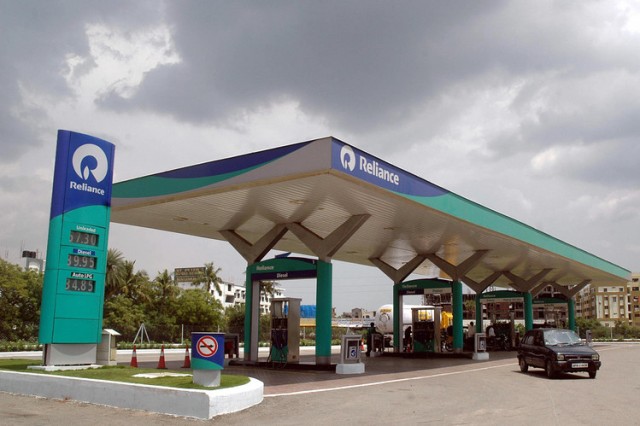Reliance Industries (RIL) has sold its stake in the shale gas asset in Marcellus shale play of southwestern Pennsylvania, the US to Northern Oil and Gas Inc for USD 250 million, PTI reported.
These assets, which are currently operated by various affiliates of EQT Corporation, have been agreed to be sold to Northern Oil and Gas, a Delaware corporation, for USD 250 million cash and warrants that give entitlement to purchase 3.25 million common shares of Northern Oil and Gas (NOG) at an exercise price of USD 14.00 per common share in next seven years.
Reliance between 2010 and 2013 invested in the US shale gas assets, buying stakes in three upstream oil exploration joint ventures with Chevron, Pioneer Natural Resource, and Carrizo Oil and Gas; and a midstream joint venture with Pioneer. Aggregate investments since the inception of these ventures were USD 8.2 billion till 2016.
In 2017, RIL sold the first of its shale gas ventures – Marcellus shale gas assets in north-eastern and central Pennsylvania for USD 126 million.
The Carrizo-operated assets held by Reliance Marcellus II LLC, a unit of Reliance Holding USA Inc and RIL, were sold to BKV Chelsea LLC, an affiliate of Kalnin Ventures LLC. In 2010, RIL had bought a 60 per cent stake in the assets for USD 392 million.
In June 2015, the company sold its Eagle Ford (EFS) midstream joint venture with Pioneer Natural Resources for USD 1 billion. RIL had spent USD 46 million in acquiring the 49.9 per cent stake in EFS and invested another USD 208 million over the years.
In June 2010, Reliance invested in the US shale gas business, where it bought a 45 percent stake in the Eagle Ford shale gas fields, owned by Pioneer, for USD 1.3 billion. As part of the deal, RIL received a 49.9 percent stake in the midstream venture. Pioneer Natural Resources held a 46.4 percent stake in that venture. Chevron Upstream Northeast held a 60 percent stake in the second JV, in which RIL’s stake is 40 percent.
Reliance had been bullish on shale gas till 2014 before a drop in crude oil prices hit the valuations of such assets. Shale gas blocks have suffered far more than conventional oil and gas blocks as they are economically viable only when prices are above a certain threshold.

